Targeted research funding is needed to promote the development of ‘innovative and sustainable alternatives’ to antibiotics
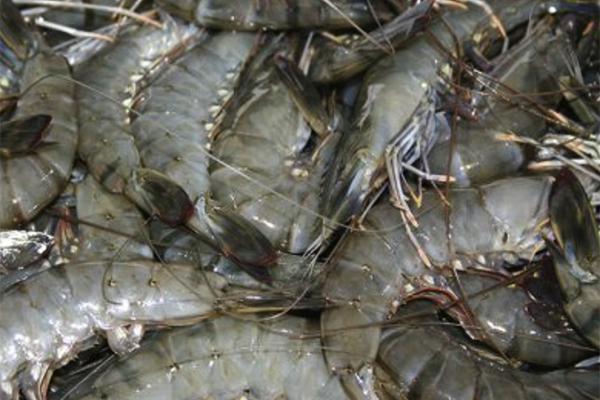
A recent review of peer-reviewed literature has outlined potential alternatives to antibiotic use in aquaculture but highlights that targeted research funding is needed to advance the technology.
The study, published in Reviews in Aquaculture, reviews the literature discussing the scope of the problem pertaining to antibiotic use and the emergence of antimicrobial resistance in aquaculture (AMR). It discusses viable alternatives, such as vaccination, bacteriophages, quorum quenching, probiotics and prebiotics, chicken egg yolk antibody and medicinal plant derivative.
“The alternatives to antibiotics that have been reviewed in this paper have great potential; some have proven benefits while others are still in the experimental stage,” the authors wrote. “Nonetheless, they should be carefully considered based on factors related to the needs of the country, the aquaculture system and species, targeted pathogen, ease of administration, economics (cost-benefit), risks and public perception.”
Funded by the Food and Agriculture Organization of The United Nations (FAO) and the Norwegian Agency for Development Cooperation (Norad), the study also discusses “lessons learned” from specific case studies, such as the vaccination of farmed salmon in Norway and the use of “specific pathogen-free” (SPF) seed, as a primary and essential part of a biosecurity strategy.
“Good aquaculture and biosecurity practices, including the prudent and responsible use of antibiotics and use of alternatives to antibiotics, underpins the basic actions that may reduce the likelihood of AMR,” wrote the authors. “Having a biosecurity plan, part of a national strategy on health management of aquatic species, in place can reduce the introduction and spread of infectious agents into defined locations or facilities and their transmission to other areas. Other strategies include avoiding the entry of pathogens through the use of SPF seed.”
According to the researchers, more funding is needed for aquaculture research that focuses on the health of aquatic organisms, with an emphasis on disease prevention. Specifically, future research should focus on increasing knowledge of aquatic diseases, the efficacy and safety of veterinary medicines in different environmental conditions, the environmental impacts of and alternatives to the use of antimicrobial agents and methodologies for active and passive surveillance on withdrawal times, effluent treatments, residues, antimicrobial use (AMU) and AMR.
“The Interagency Coordination Group (IACG) on AMR recommends that member states support the accessibility of cost-effective alternatives to antimicrobials, particularly in low- and middle-income countries,” wrote the researchers. “Research funding should therefore be targeted to promote the development of innovative and sustainable alternatives to antimicrobial usage.”
The paper also states that to better control the use of antibiotics, their sales should be regulated and their usage managed under the supervision of trained aquatic health professional/personnel to eliminate or mitigate their impacts on the environment and on food safety.
Follow the Advocate on Twitter @GSA_Advocate
Now that you've reached the end of the article ...
… please consider supporting GSA’s mission to advance responsible seafood practices through education, advocacy and third-party assurances. The Advocate aims to document the evolution of responsible seafood practices and share the expansive knowledge of our vast network of contributors.
By becoming a Global Seafood Alliance member, you’re ensuring that all of the pre-competitive work we do through member benefits, resources and events can continue. Individual membership costs just $50 a year.
Not a GSA member? Join us.
Author
Related Posts
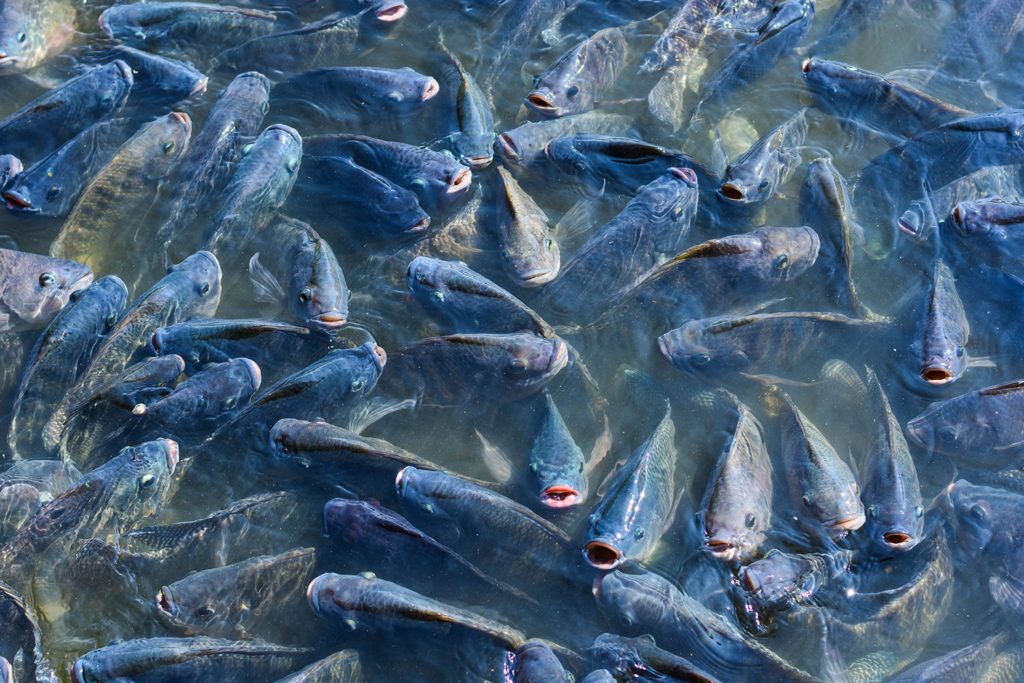
Health & Welfare
Researchers examine antimicrobial resistance potential in aquaculture
The influence of antibiotics in fish and their effects on the gut microbiome aren’t well understood, says research team examining antimicrobial resistance.
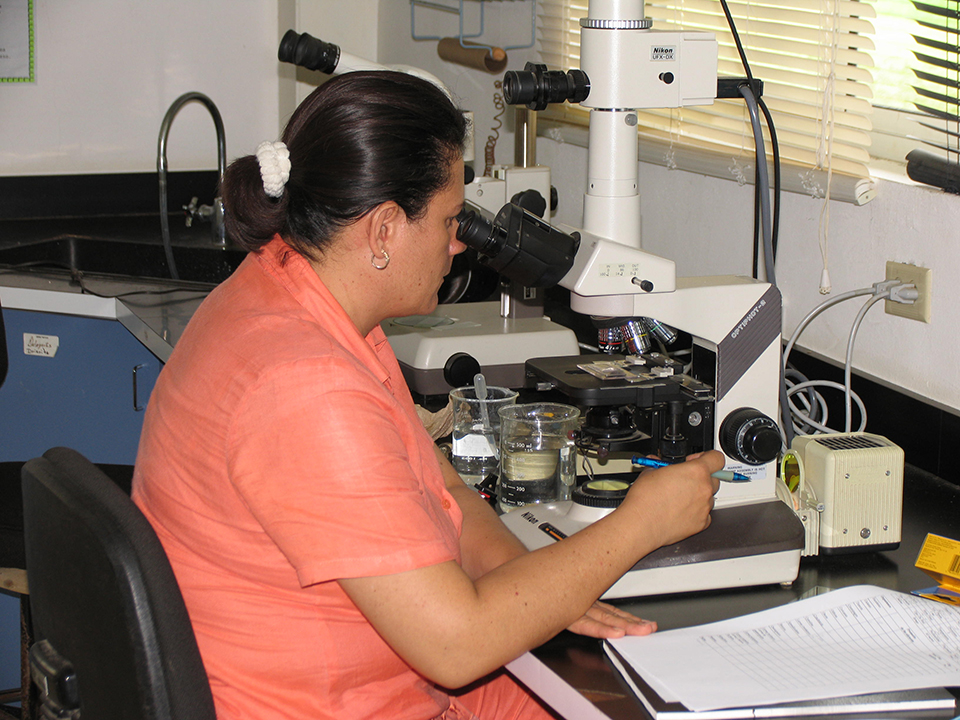
Health & Welfare
Antimicrobial resistance: Aquaculture to humans, humans to aquaculture?
The transfer of resistance from an aquaculture pathogen into a human enteric bacterium has been demonstrated in research and may be happening in the real-world environment.
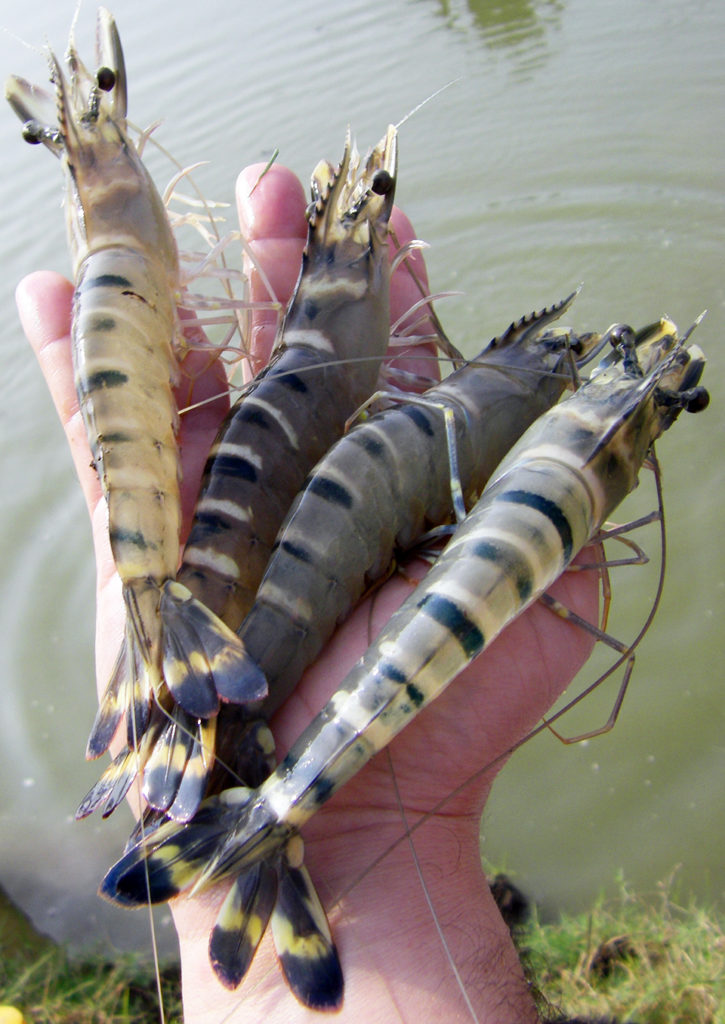
Health & Welfare
Do probiotics work in aquaculture?
Probiotics administered in feeds provide competitive exclusion of pathogenic bacteria, create conditions unfavorable for pathogens and modulate intestinal immune responses.
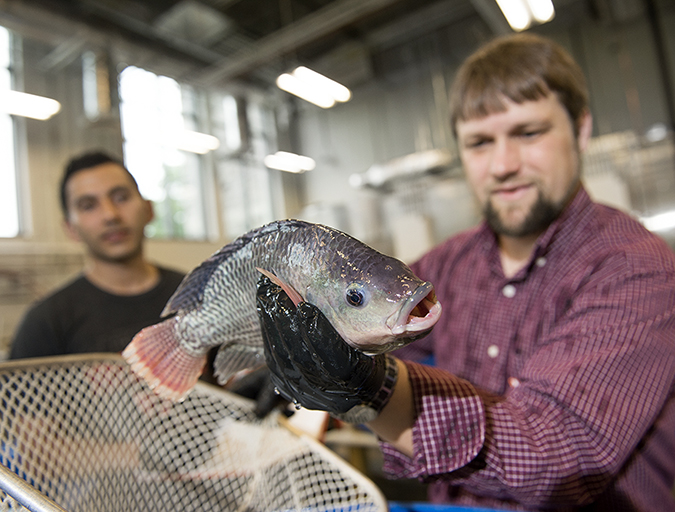
Intelligence
U.S. universities collaborate on antibiotic alternative project
Two U.S. universities are teaming up to study the application of a novel antibody to tilapia to reduce the aquaculture industry’s use of antibiotics. The chairman of the Seafood Industry Research Fund says there could be a disruptive financial impact on seafood if it can’t compete in the “antibiotic-free” space.



